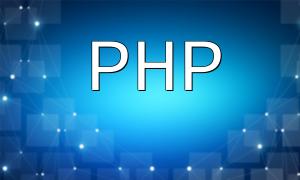PHP frameworks are designed to help developers quickly build web applications by providing predefined components such as routing, database access, and templating engines, greatly simplifying common web development tasks.
PHP frameworks have undergone several important development stages:
To enhance the performance and scalability of PHP frameworks, the following approaches are key:
Code Caching: Use tools like Opcache or APC to cache compiled PHP code, reducing repetitive parsing and improving execution speed.
Database Optimization: Utilize indexes, enable query caching, and use database connection pools to optimize database access efficiency.
Configuration Tuning: Adjust framework settings to enable caching, reduce debug logging, and optimize session management.
Hardware Upgrades: Provide sufficient memory, CPU resources, and fast SSD storage to ensure application responsiveness and stability.
The following demonstrates specific optimization methods for the Laravel framework:
Code Caching Configuration:
opcache.enable=1 opcache.enable_cli=1 opcache.memory_consumption=128
Database Optimization Example:
Schema::create('users', function (Blueprint $table) {
$table->index(['name', 'email']);
});
config(['database.connections.mysql.pool.min_connections' => 10]);
Configuration Adjustments:
config(['app.debug' => false]); config(['view.cache' => true]); config(['session.driver' => 'database']);
Hardware Resource Enhancement:
Allocate more than 1GB of memory and use SSD storage to ensure faster read/write speeds and smoother user experiences.
With these comprehensive measures, the performance of PHP frameworks is significantly improved, resulting in faster and more stable system responses.









